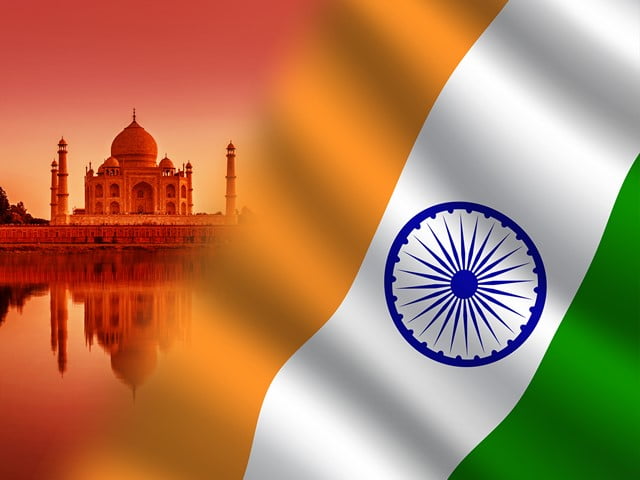India, the globe’s seventh-largest country, is best characterized as a melting pot of cultures and religions. Its affluent legacy, which curbs from centuries of regimes, has a plethora of tourist allures.
The travel regulations in India have been tightened and have grown more sophisticated since two new strains of Covid-19 have emerged. It is only prudent to familiarize yourself with the COVID-19 travel regulations in India. The most essential regulation is that all overseas passengers attain a Self Declaration Form and upload a pessimistic RT-PCR statement achieved within seventy hours of embarking on their excursion. All tourists must also download the Arogya Setu App.
Furthermore, numerous states within India have diverse travel laws. If you plan on flying to a faraway area or driving to the next state over, there are certain precautions to take to assist restrict the spread of COVID-19. There’s no way to guarantee you won’t get sick while traveling, so we’ve put together this guide to help you learn how to stay as safe as possible.
Put on a mask: In many situations, wearing a mask is now required, and transportation is no exception. On public transportation and during flights, you must wear a mask. Along with hand-washing, it’s one of the most effective strategies to stop the infection from spreading. If you need to wear your mask for an extended period, it’s recommended that you replace it every four hours, so bring several masks with you to cover the trip to the airport, time in the airport before and after your flight, and the flight itself.
- Hands should be washed thoroughly and frequently: Hand washing has become ingrained in our daily lives, and you should continue to do so when traveling. Hand washing with soap and hot water or a hand sanitizer containing at least 70% alcohol is recommended to help prevent the transmission of the virus. Before and after your flight, use the restroom, walk through airport security, touch your face, put on or remove a mask, and touch anything in public, make sure you wash your hands.
- Be accountable and follow the rules: Traveling during the coronavirus appears to be extremely different from what we are used to, but if we follow the regulations and keep the virus from spreading, we will be able to continue traveling. If conditions worsen, lockdowns will occur once more, and travel will be halted. If you’re a high-risk traveler, consider delaying your trip or exploring your local area instead of going abroad. To minimize the risks, we all must work together while exploring and enjoying our travels! We are all responsible for each other.
- Get Fully Vaccinated: It is suggested that get fully vaccinated before traveling because due to a vast amount of unvaccinated people and the prevailing state of the pandemic, the CDC advises fully vaccinated people to proceed to take COVID-19 safeguards in populace and avoid mobs when touring with unvaccinated people from numerous households as they are at elevated danger of becoming severely ill from COVID-19.
Therefore, if you have recovered from COVID-19 in the last 90 days, you do not need to be tested or self-quarantined. All other travel advice should still be followed. If you acquire COVID-19 symptoms after traveling separate yourself and seek testing advice from a healthcare expert.

 Add to favorites
Add to favorites








